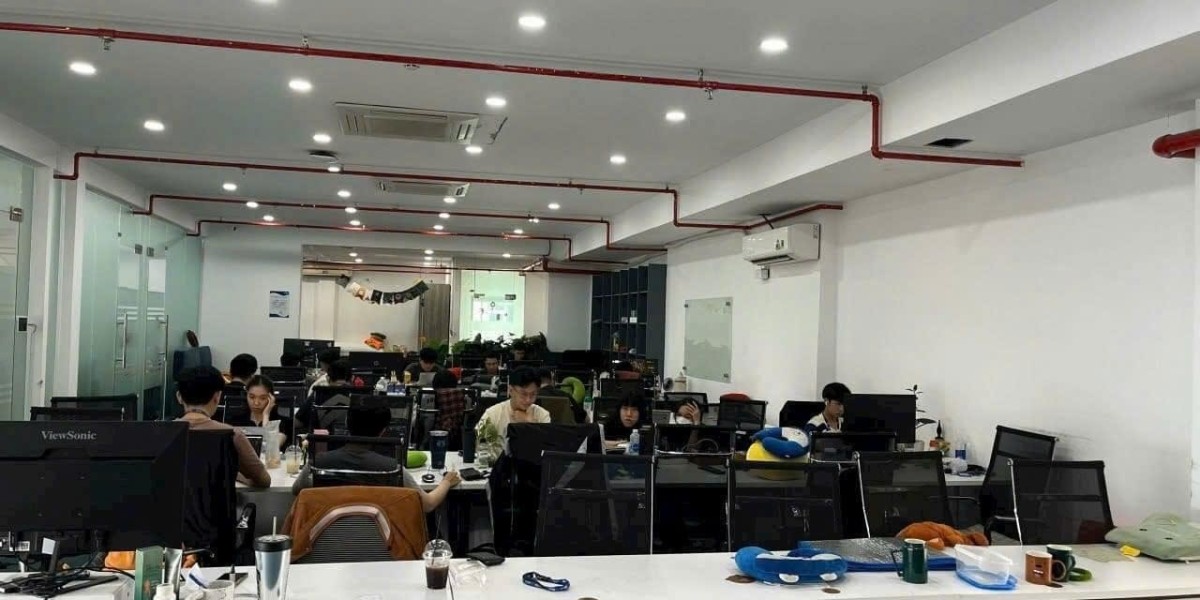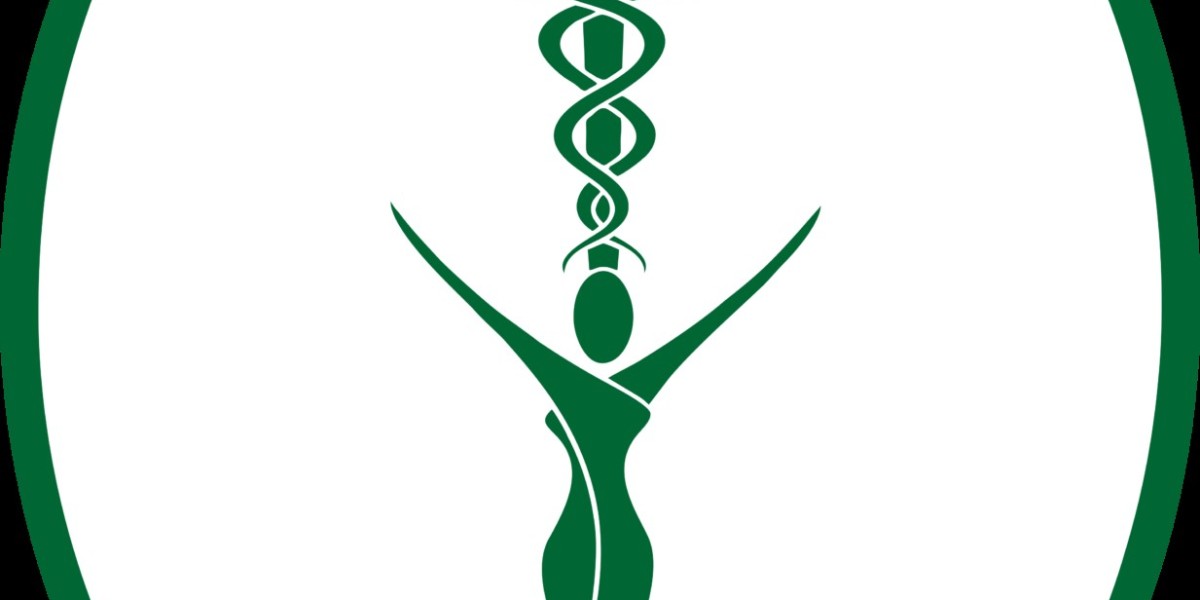Depression is a pervasive mental health condition that affects millions of people across the globe, including a significant portion of the population in Los Angeles. Known for its fast-paced lifestyle and high-pressure environment, the city can often contribute to feelings of stress, anxiety, and depression. Fortunately, Los Angeles offers various options for effective depression treatment, providing individuals with resources to manage and overcome their mental health struggles. Whether it’s through therapy, medication, or alternative treatments, residents in Los Angeles have access to a range of solutions that can help them regain a sense of balance and well-being.
Understanding Depression
Depression is more than just feeling "down" or having a bad day. It is a serious mental health disorder that affects a person’s mood, behavior, and physical well-being. Symptoms of depression can vary widely and may include feelings of sadness, hopelessness, fatigue, loss of interest in previously enjoyable activities, changes in appetite, and difficulty concentrating. In some cases, depression can also lead to physical symptoms like aches and pains, insomnia, or excessive sleeping.
Depression is often linked to a combination of genetic, environmental, and psychological factors. It can be triggered by life events such as trauma, loss, or chronic stress, making it particularly common in highly demanding environments like Los Angeles, where individuals are often juggling work, family, and social pressures.
Treatment Options for Depression in Los Angeles
Los Angeles has become a hub for mental health treatment, with a variety of specialized depression treatment centers and mental health professionals offering personalized care. Below are the primary treatment options available:
1. Therapy and Counseling
One of the most effective ways to treat depression is through psychotherapy, also known as talk therapy. Cognitive Behavioral Therapy (CBT) and Interpersonal Therapy (IPT) are two of the most widely used and evidence-based therapeutic approaches for treating depression. In CBT, individuals work with a therapist to identify and change negative thought patterns and behaviors that contribute to feelings of sadness and hopelessness. IPT focuses on improving interpersonal relationships and social functioning, which are often affected by depression.
Los Angeles is home to a large number of licensed therapists, counselors, and psychologists who specialize in treating depression. Many treatment centers also offer group therapy, which allows individuals to connect with others who are experiencing similar struggles and share coping strategies in a supportive environment.
2. Medication
For some individuals, medication is an essential part of managing depression. Antidepressant medications, such as selective serotonin reuptake inhibitors (SSRIs), serotonin-norepinephrine reuptake inhibitors (SNRIs), and tricyclic antidepressants (TCAs), can help balance chemicals in the brain that regulate mood. These medications can be prescribed by a psychiatrist, who will monitor their effectiveness and adjust dosages as needed.
While medication alone is often not enough to treat depression, it can be a vital component when used in conjunction with therapy. Los Angeles Depression Treatment offers a wide range of psychiatric professionals who specialize in prescribing and managing medication for depression.
3. Holistic and Alternative Treatments
In addition to traditional forms of therapy and medication, Los Angeles also offers a variety of alternative treatments for depression that focus on overall well-being. Some individuals find relief from depression symptoms through practices such as mindfulness meditation, yoga, acupuncture, and massage therapy. These holistic approaches aim to reduce stress, promote relaxation, and restore balance to the body and mind.
Mindfulness-based therapies, such as Mindfulness-Based Cognitive Therapy (MBCT), teach individuals how to be more aware of their thoughts and feelings in the present moment without judgment. This can help individuals break free from negative thought patterns and prevent relapses of depression.
4. Intensive Outpatient Programs (IOP) and Partial Hospitalization Programs (PHP)
For those who need more intensive treatment but do not require inpatient hospitalization, Los Angeles offers Intensive Outpatient Programs (IOP) and Partial Hospitalization Programs (PHP). These programs are designed for individuals with moderate to severe depression who need structured treatment but can still function outside of a hospital setting.
IOPs and PHPs provide a combination of therapy, medication management, and support groups in a more intensive, yet flexible, format. These programs typically involve several hours of treatment per day, several days a week, and are tailored to meet the specific needs of the individual.
5. Inpatient and Residential Treatment
For individuals experiencing severe depression that poses a risk to their safety or well-being, inpatient or residential treatment may be necessary. In these settings, individuals receive 24/7 care and support in a structured, secure environment. Los Angeles is home to numerous residential treatment centers that offer comprehensive depression treatment, including individual therapy, group therapy, medication management, and holistic therapies.
These facilities provide a safe, supportive environment where individuals can focus solely on their recovery without the distractions and stressors of daily life. Inpatient care can be especially beneficial for those who have not responded to other forms of treatment or who are struggling with co-occurring disorders such as substance abuse or anxiety.
6. Support Groups and Community Resources
In addition to formal treatment, support groups and community resources play a crucial role in the recovery process. Los Angeles has a variety of support groups for individuals dealing with depression, including those led by mental health professionals and peer-led groups. These groups offer individuals a chance to share their experiences, receive emotional support, and learn coping strategies from others facing similar challenges.
Many organizations in Los Angeles also provide educational resources, workshops, and advocacy services for individuals affected by depression. These community-based programs can help individuals feel more connected and empowered in their journey toward healing.
Finding the Right Depression Treatment in Los Angeles
With so many options available, it is important for individuals seeking depression treatment in Los Angeles to find a program or provider that best fits their unique needs. Factors such as the severity of depression, previous treatment experiences, personal preferences, and financial considerations should all be taken into account when choosing a treatment plan.
Individuals are encouraged to consult with mental health professionals who can conduct a thorough assessment and recommend the most appropriate course of treatment. It may take time to find the right combination of therapy, medication, and support, but with the right care, recovery from depression is possible.
Conclusion
Depression is a serious and often debilitating condition, but with the right treatment, individuals in Los Angeles can find hope and healing. Whether through therapy, medication, or alternative treatments, a variety of options are available to help those struggling with depression regain their mental and emotional well-being. With the support of Los Angeles’ vast mental health community, individuals can embark on the path to recovery and live fulfilling lives free from the grip of depression.




